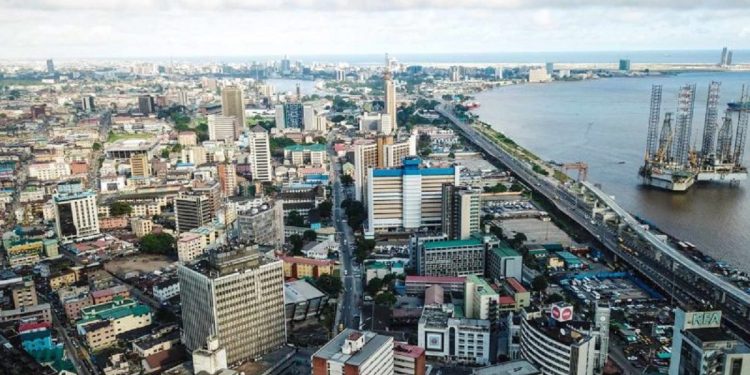Nigeria faced a sharp rise in inflation for June, with the headline Consumer Price Index (CPI) climbing to 34.19% year-on-year, up from 33.95% in May, as reported by the National Bureau of Statistics (NBS). This surge in inflation is driven by a combination of factors including currency depreciation, increased demand for food due to Eid-al-Kabir, and the dwindling off-season harvest.
Key Factors according to economy analysts include currency depreciation which saw the naira’s ongoing depreciation significantly increasing the cost of imports, exacerbating inflationary pressures.
The festive seasons witnessed in June during the Eid-al-Kabir celebrations also led to a spike in food demand, further driving up food prices which rose by 40.87% year-on-year, compared to 40.66% in May.
Core inflation, excluding volatile items such as food and energy, increased by 36 basis points to 27.40% year-on-year, reaching its highest level since March 2004. On a month-on-month basis, the CPI rose by 17 basis points to 2.31%, reversing a three-month downtrend.
Government Revenue Surge
In contrast to the inflationary pressures, government revenue saw a significant increase in July. The Federation Accounts Allocation Committee (FAAC) disbursed NGN1.35 trillion to Nigeria’s three tiers of government, marking an 18.5% increase from the NGN1.14 trillion disbursed in June. This growth in revenue was primarily driven by higher collections from Companies Income Tax (CIT), Value Added Tax (VAT), Import and Excise Duties, and the Electronic Money Transfer Levy (EMTL).
Looking ahead, inflationary pressures are expected to have peaked in June and may begin to moderate in July, owing to a high statistical base from the previous year and a slower increase in energy prices. The headline inflation forecast for July is projected to settle at 2.16% month-on-month, translating to a year-on-year rate of 33.24%.















